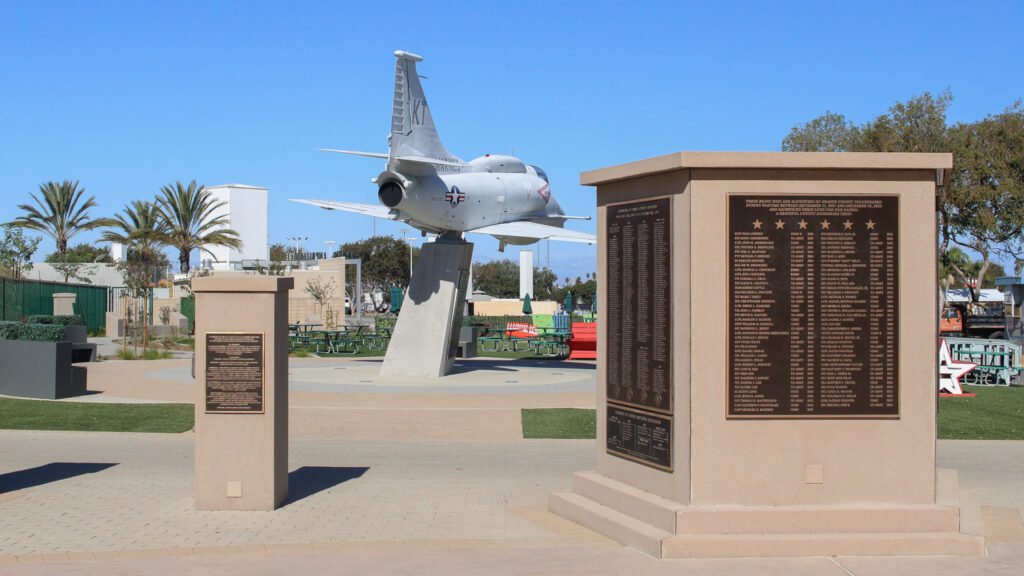Today Marks the 24th Anniversary of 9/11: A Day of Remembrance and Reflection
As the sun rose on September 11, 2001, few could have anticipated that the tranquil morning would soon devolve into one of the most tragic days in American history. On that day, nearly 3,000 lives were lost in coordinated terrorist attacks that not only destroyed the iconic World Trade Center towers but also profoundly altered the course of national and global policy. Today, we gather once more to reflect on the ramifications of that fateful day, honoring those who died while also considering how their loss has reshaped our world.
Rising from Ashes: A Nation Transformed
The immediate aftermath of the 9/11 attacks provoked a wave of responses that would alter the American landscape forever. President George W. Bush’s declaration of a “War on Terror” ignited military actions in Afghanistan and led to a heightened focus on national security at home. The creation of the Transportation Security Administration (TSA) was just one example of sweeping changes that aimed to protect the nation but also raised discussions about individual freedoms versus collective security.
Dr. Emily Carter, a political analyst at the Global Institute for Security Studies, argues, “The events of 9/11 forced the United States to confront vulnerabilities that had long been ignored. However, this transition to a more militarized stance raises complex ethical questions about privacy and civil liberties.”
New Policies: A Double-Edged Sword
As security measures intensified, so too did legislative actions like the USA PATRIOT Act, which expanded governmental surveillance capabilities. Some citizens welcomed these changes, prioritizing their safety; however, others raised alarms about the potential overreach of governmental powers. According to a study by the Pew Research Center conducted in 2020, 68% of Americans felt that the government’s focus on national security now comes at the detriment of personal privacy.
The Cost of War
The military response to 9/11 also had profound costs. More than a million U.S. troops were deployed, with fatalities numbering into the thousands. The trauma and loss did not end when the dust settled—those who served have lived with the lasting scars of war. “Even years later, we’re still grappling with the psychological and social impacts of 9/11,” says Dr. Alan Speicher, a veteran and psychologist specializing in wartime trauma recovery.
- Approximately 6,000 individuals were injured on 9/11.
- Over 7,000 U.S. servicemen and women have died in the wars that followed the attacks.
- A significant increase in PTSD diagnoses among veterans returning from Iraq and Afghanistan has been noted in various studies.
Community Resilience and Remembrance
As we reflect upon these events, communities across the nation are coming together to honor the fallen. In Orange County, memorial ceremonies are taking place in various locales, underscoring a shared commitment to never forget. Whether gathered at the Nixon Library in Yorba Linda, the Fullerton Fire Station, or Huntington Beach Pier, locals are putting aside their differences to unite in grief and remembrance.
“It’s incredible to see communities come together. These events not only honor the victims but also symbolize our shared resilience,” emphasizes Mayor Laura Gomez of Fullerton. “It’s important for younger generations to know what happened that day and how it has shaped who we are today.”
What Lies Ahead
As we commemorate this solemn anniversary, scholars and analysts caution against viewing 9/11 solely through the lens of loss. As Dr. Carter notes, “The day serves as a reminder of both our vulnerabilities and our capacities for resilience and adaptation.” Challenges remain—whether in terms of social unity, racial profiling, or the balance between security and liberty. This generation is left with the burden and opportunity to ensure that lessons from 9/11 translate into meaningful action and change.
For many families affected directly by the events of that day, the scars have not healed. Rita Evers, a New Jersey resident who lost her brother in the attacks, shares, “Every year, we gather to remember him. But it is also about hoping for a future where such tragedies don’t have to happen again.”
Today, as we gather in remembrance, we remember not only those who fell but the era of uncertainty that followed, leading to both breakthroughs and crises. The legacy of 9/11 continues to shape not just national policy, but also personal narratives, challenging each generation to strive for a world less steeped in violence and full of understanding.





